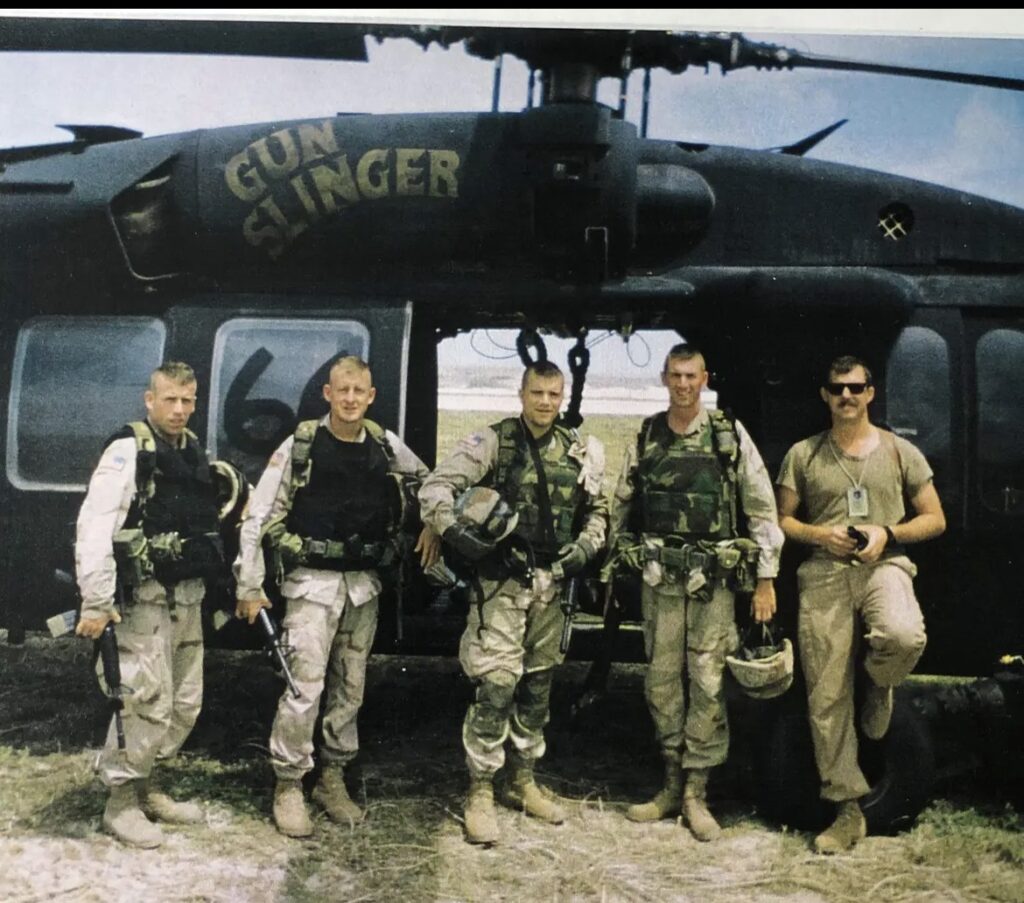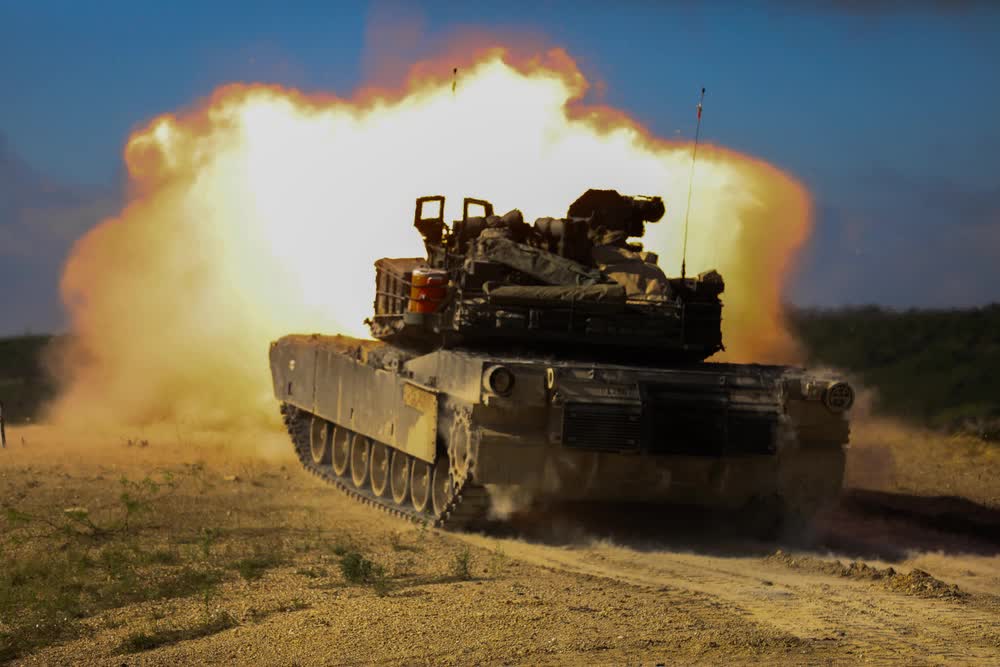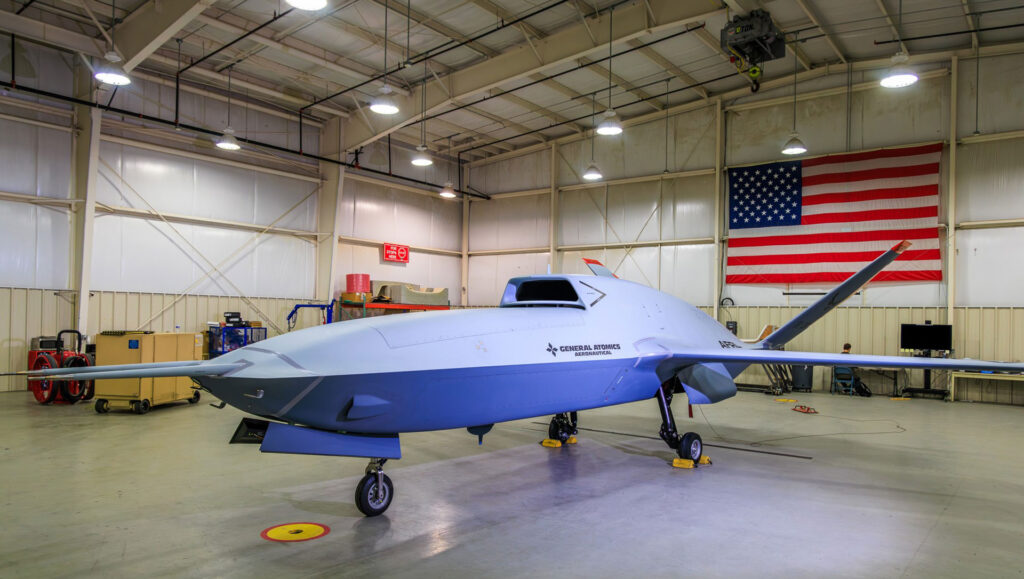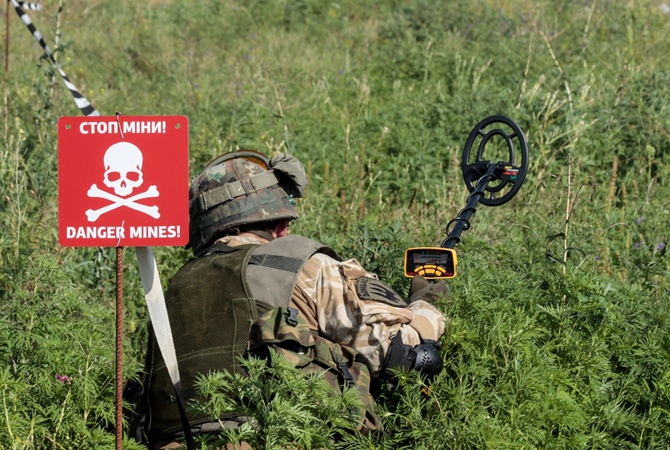Retired Army Major Larry Moores never expected that he’d find the military’s third-highest award for valor wrapped and under his Christmas tree.
Moores had hung up his uniform in 2003. But a decade earlier, while deployed to Mogadishu, Somalia in 1993, he’d led a reaction force through enemy small arms fire in an effort to reinforce and evacuate Rangers trapped by their downed helicopters. In the wake of a bestseller book and blockbuster movie, the world would come to know this battle as Black Hawk Down.
Moores saw 12 hours of heavy combat and assisted in the evacuation of several stranded Rangers. His valor in the operation had previously been recognized in other ways: he was named a distinguished member of the 75th Ranger Regiment in 2005 and inducted into the U.S. Army Ranger Hall of Fame in 2017. Yet, while he’d helped to push through other valor awards for soldiers involved in the rescue effort, he told Sandboxx News he’d lost track of any initiative to give him a medal.
Then, he said, late last year, the Army quietly mailed a Silver Star award to his house.
“My wife actually intercepted it and put it under the Christmas tree,” Moores said. “It was the last box that I opened.”
For Moores, the emotions were overwhelming: they included pride and joy, but also grief.
“I think it’s sort of like a full circle, almost like closure,” Moores said. “This award represents some of my guys who received a similar award, who can’t wear their award anymore. So I think that’s an important piece of it.”
Related: How will I do when that time comes? Men in combat
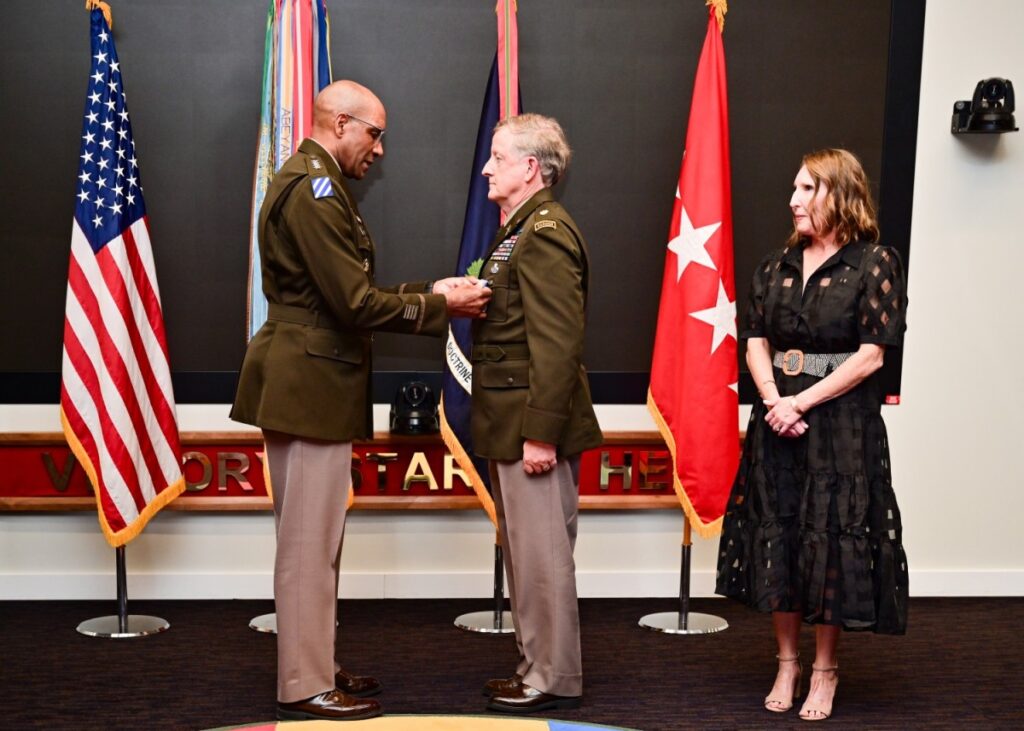
Moores was formally presented with his award on March 25 at a ceremony at Joint Base Langley-Eustis, VA, where he now works as a contractor with the Army’s Training and Doctrine Command. At the event, he paid tribute to the 18 soldiers killed and more than 70 Rangers wounded in the battle.
“That was a tough experience because we were overwhelmed – with the odds against us,” he said there, according to an Army release. “But it was amazing to watch the young Rangers still execute under very difficult circumstances.”
The Rangers had been in Mogadishu as part of a larger mission to capture Mohammed Farah Aidid, head of the Somali National Alliance military faction. An October 3 raid to capture several of Aidid’s top commanders turned into a high-stakes rescue operation when three Army UH-60 Black Hawks were shot down by Somali militants armed with rocket-propelled grenades. The battle would continue into the next day, and one Army pilot, Mike Durant, would be taken hostage by the Somalis and held for 11 days before a negotiated release.
Moores said he’s only watched the 2001 feature film Black Hawk Down once, after it came out, but he’ll often glimpse it playing in reruns – a regular reminder of the intensity of that fight and its high human cost.”
“It’s good because it gives that intensity,” he said, but added that it’s still difficult for him to see: “The tough thing about watching it is, you know who all those kids were.”
As leader of the ground reaction force, Moores and the soldiers with him fought for three hours to cover just two miles to the helicopters’ crash sites, all the while knowing the soldiers there were counting on the coming rescue. As Rangers established a nearby soccer stadium as an exfiltration point for casualties, Moores would return once more under fire to the crash site to help evacuate stranded troops.
Related: US special operations and the importance of personnel recovery missions
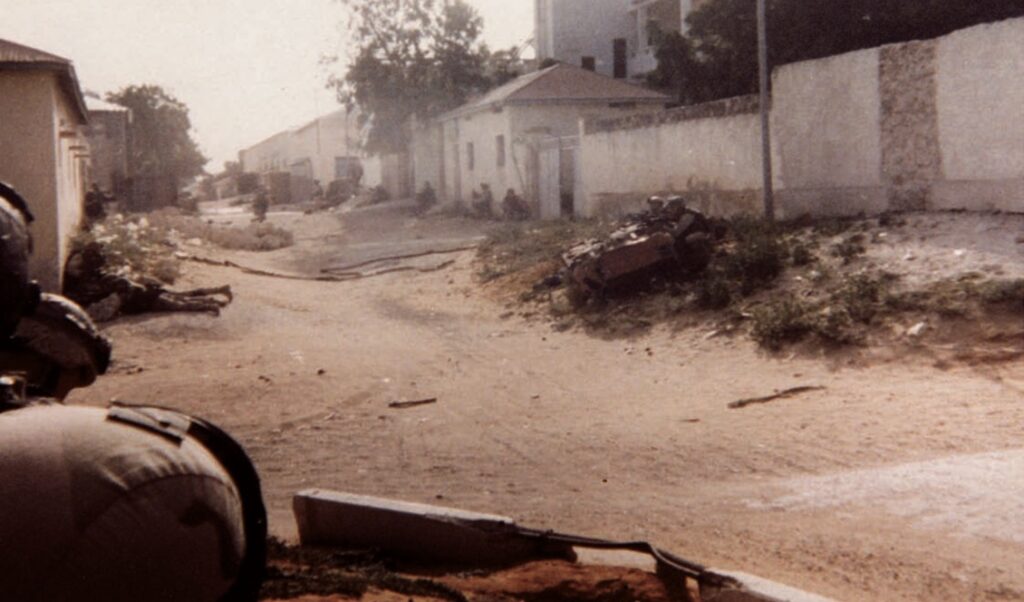
When he finally returned to the airfield that was the Rangers’ hub of operations, Moores recalls Maj. Gen. Bill Garrison, the task force commander, preparing soldiers for what might come:
“We know you guys just got punched in the mouth,” Moores recalls Garrison saying. “But if we find out where Mike Durant is being held prisoner, we’re gonna go after him.”
But there was never a point, Moores said, where he and the other Rangers lost sight of the mission and its importance.
When he looks back on those difficult and costly two days, Moores said he feels pride to have executed his role in one of the biggest firefights to that point since Vietnam, and in an intense urban environment.
“Even under extreme circumstances, our guys really proved from a technical perspective that they can overcome those odds and still get our people and get out of there,” Moores told Sandboxx News. “It was an honor to have been part of leading Rangers in combat.”
Moores joins a constellation of soldiers who’ve earned valor awards from the Battle of Mogadishu. According to Coffee Or Die, 34 Silver Stars, two Distinguished Flying Crosses, and two Medals of Honor were presented following the battle, many posthumously. In 2021, the Army announced it was presenting or upgrading 58 more Silver Stars and two Distinguished Flying Crosses for valor in Mogadishu amid a larger review of combat awards.
Read more from Sandboxx News
- Explaining the diverse mission set of MARSOC’s commandos
- The chain gun is an incredibly reliable and powerful weapon
- Lock-picking 101 with the Delta Force
- Hermeus reveals flying prototype in its pursuit of a reusable hypersonic jet
- The Army doesn’t have enough PSYOP soldiers to fight the information war, inspector general says
